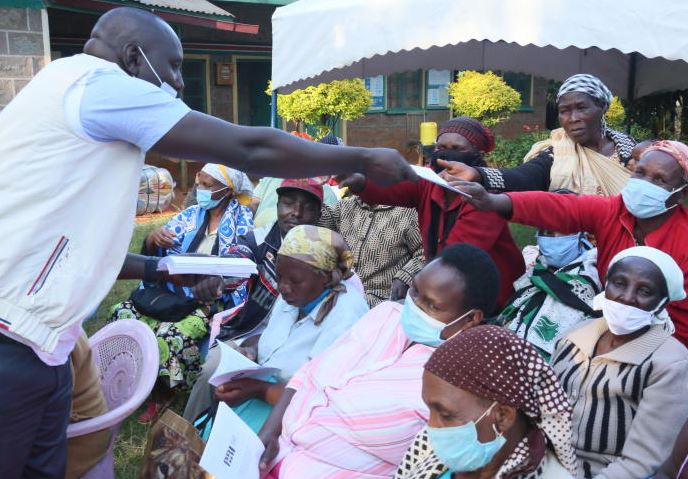×
The Standard e-Paper
Join Thousands Daily

Residents of Gititu Village in Tetu, Nyeri receives copies of the BBI draft bill. [Kibata Kihu, Standard]
How the 70 new constituencies proposal in the Building Bridges Initiative (BBI) will be handled appears to be a key determinant on how Mt Kenya region may vote in the impending referendum.